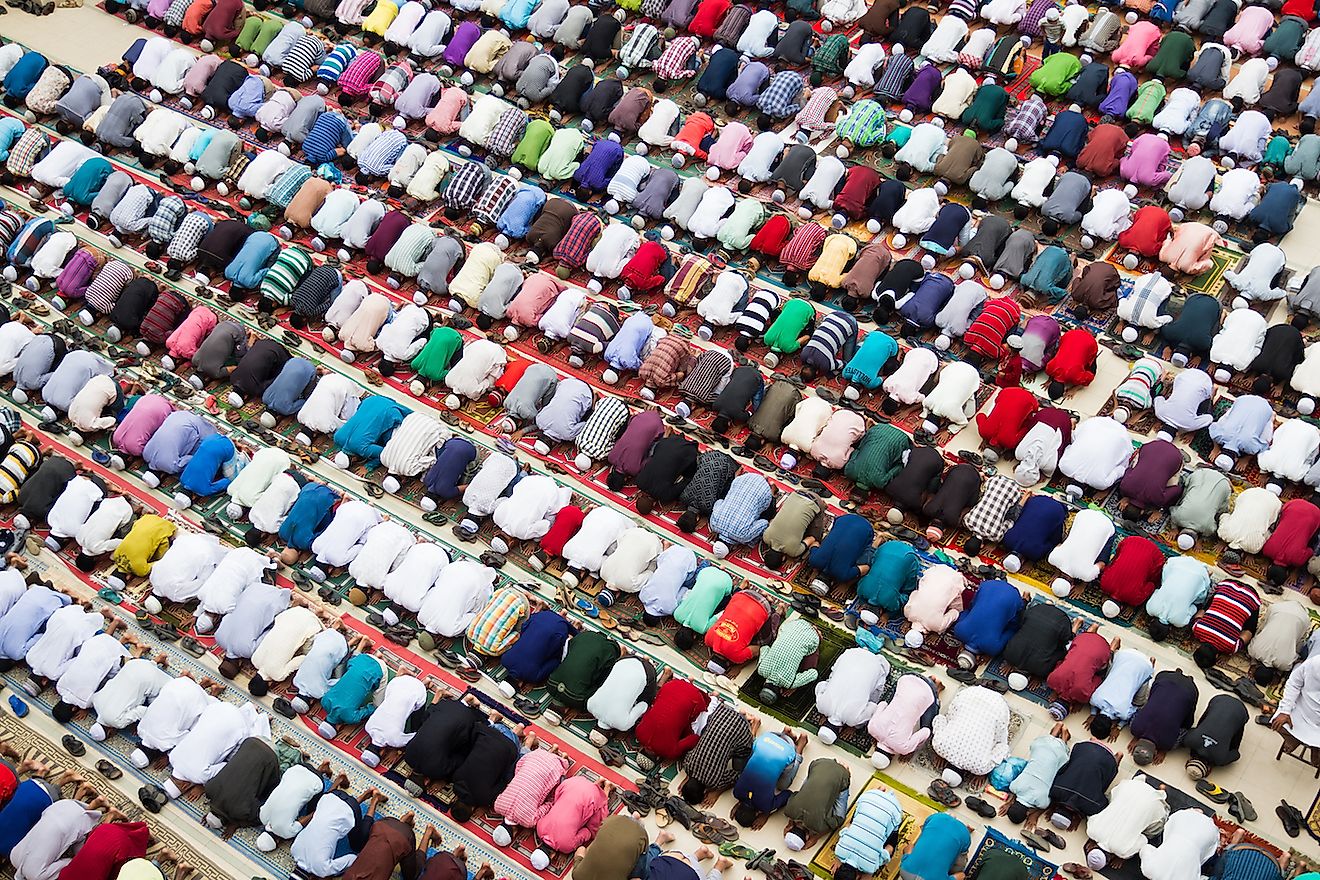I think you're right, there is a trend to moving away from affiliating with a church or denomination.
But there seems to be a lot more stability in terms of the number of people who accept a belief in souls, a universal spirit, and a belief something spiritual beyond the physical world.
- 86% believe people have a soul or spirit in addition to their physical body.
- 83% believe in God or a universal spirit.
- 79% believe there is something spiritual beyond the natural world, even if we can’t see it.
- 70% believe in an afterlife (heaven, hell or both).
After years of decline, the U.S. Christian share now shows signs of leveling off. The new Religious Landscape Study explores trends in identity, beliefs and practices. Pew Research Center.

www.pewresearch.org





